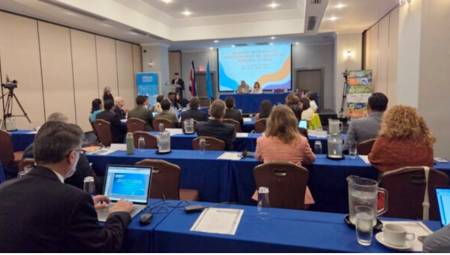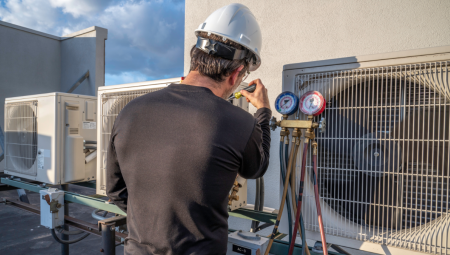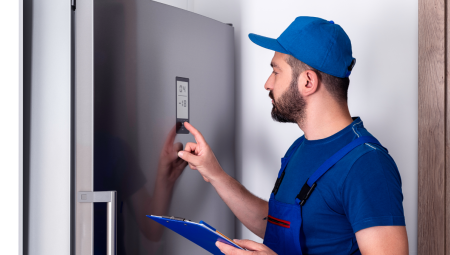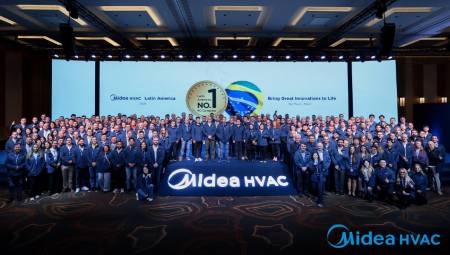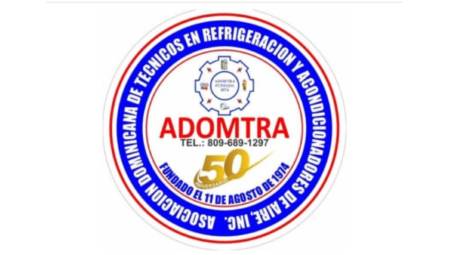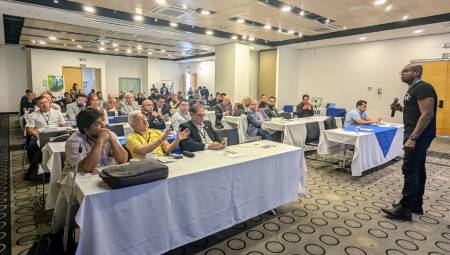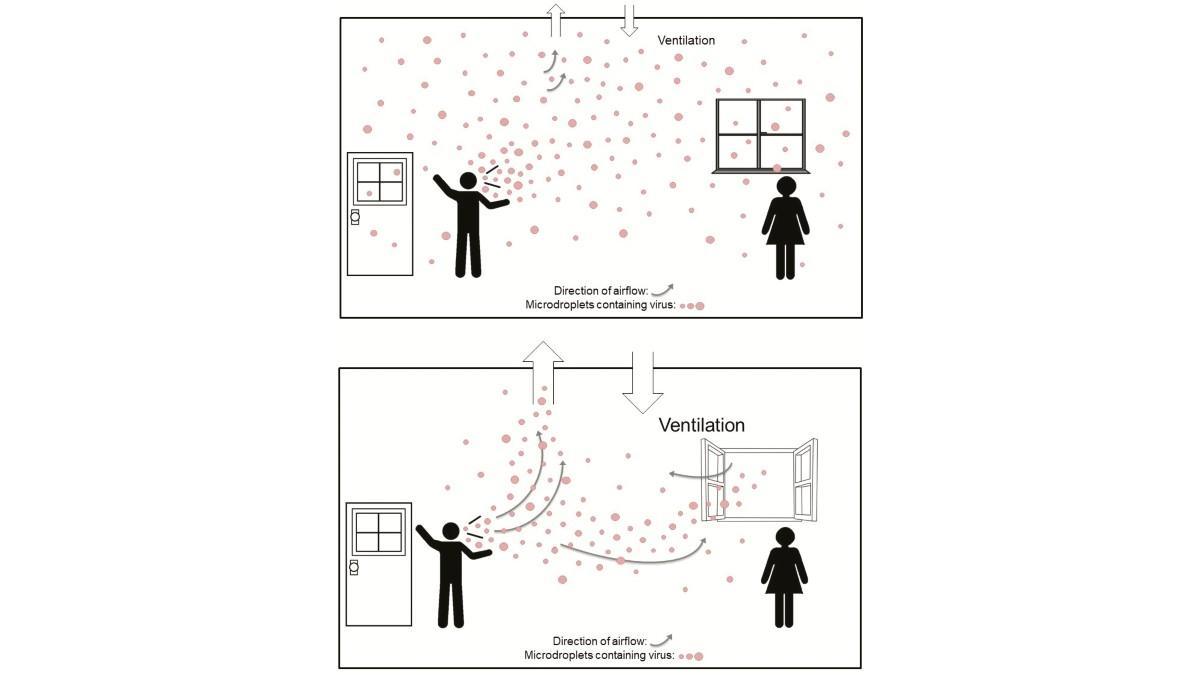 International. A call to improve regulation in ventilation in order to prevent airborne diseases such as Covid-19 was made by an international group of 40 specialists in virology, medicine, aerosols, air quality and ventilation from 14 countries who signed an article in the journal Science.
International. A call to improve regulation in ventilation in order to prevent airborne diseases such as Covid-19 was made by an international group of 40 specialists in virology, medicine, aerosols, air quality and ventilation from 14 countries who signed an article in the journal Science.
The signatories call for standards to be changed or developed to regulate ventilation on the same scale as others were applied in the nineteenth and twentieth centuries to eliminate pathogens from drinking water and to prevent food infections.
The text is led by the scientist Lidia Morawska, from the Queensland University of Technology in Australia, and has the participation of two Spanish researchers, Xavier Querol, from the Institute of Environmental Diagnosis and Water Studies of the CSIC (IDAEA-CSIC), and José Luis Jimenez from the University of Colorado (USA). The signatories call for a "paradigm shift" in the fight against airborne pathogens. Researchers demand universal recognition that infections can be prevented by improving indoor ventilation systems.
"We have been jointly warning of the importance of the aerial transmission of Covid-19 in indoor spaces for more than a year, we have made guides to ventilate schools and advised in other environments. Now in Spain it is necessary to apply mandatory standards and certifications in this regard for offices, restaurants, shows and public transport, among other environments, "says Professor Xavier Querol, from IDAEA-CSIC.
In March and June 2020, this international scientific team asked the World Health Organization to recognize the need to control the risk of airborne transmission of respiratory infections. Also in 2020 the same group published an article in Environment International with recommendations to reduce the risk of airborne transmission of Covid-19.
The team calls for mandatory building ventilation standards to include increased airflow, filtration rates, and monitors that allow the public to observe air quality in shared indoor spaces. According to the researchers, given the evidence that airborne transmission spreads infections, there should be national and international ventilation standards to control pathogens.
Most minimum ventilation standards outside of specialized research and healthcare facilities only control odor, CO2 levels, temperature, and humidity.
Researcher Lidia Morawska, from Queensland University of Technology, says: "Ventilation systems must also be controlled according to demand to adapt to different indoor occupations and different activities and breathing rhythms, such as exercising in a gym or sitting in a cinema room." "This does not mean that every indoor space should be converted into a biosecurity facility, but a building should be designed and operated according to its purpose and the activities that take place there, so that the risk of airborne infections remains below an acceptable level," Morawska clarifies.
Professor José Luis Jiménez, from the University of Colorado, states that "a similar appeal about the importance of ventilation was already published in Science in 1945 by Harvad professor William Wells. Two decades later, Wells managed to prove that tuberculosis was airborne, breaking the dogma that no disease was spread like this. But it was not heard, and ventilation standards and systems in almost all countries remain insufficient to prevent infections, which has helped a lot to spread the Covid-19 pandemic."
While a detailed economic analysis has not yet been conducted, scientist Morawska states that "estimates suggest that the necessary investments in building systems could be less than 1% of the construction cost of a standard building, and much greater savings can be obtained by reducing the social costs of infections."
The report can be viewed by clicking here.




